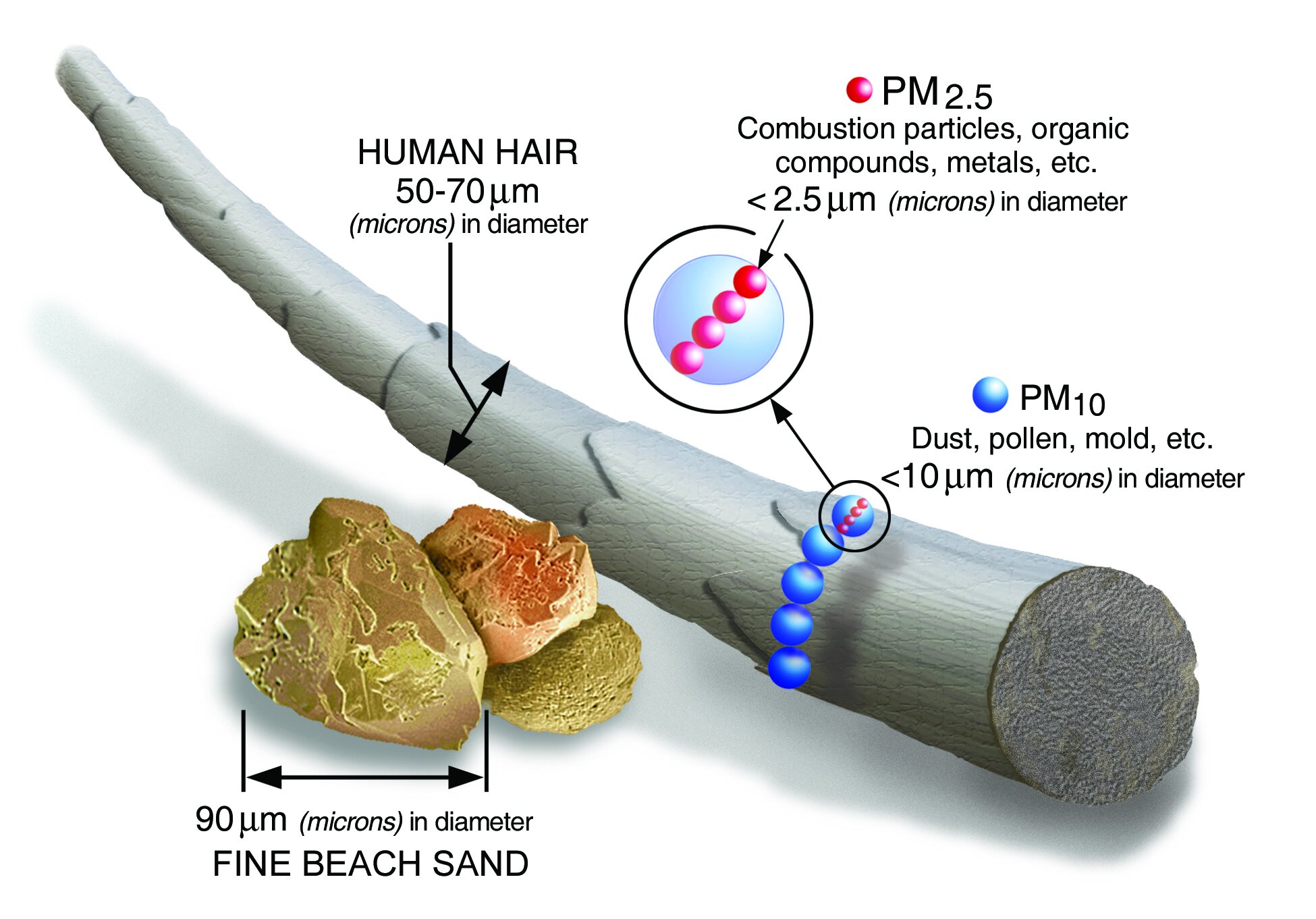NBEJN Statement on the EPA's Announcement on Particulate Matter
Graphic from US Environmental Protection Agency
On January 6, 2023, the U.S. Environmental Protection Agency (EPA) announced a proposal to strengthen a key national ambient air quality standard (NAAQS) for fine particle pollution also known as PM2.5, to better protect communities. While the EPA acknowledges that fine particle emissions, sometimes called soot, disproportionately affect vulnerable populations including children, older adults, those with heart or lung conditions, as well as communities of color and low-income communities throughout the United State, NBEJN believes that the proposed revision of the of primary (health-based) annual PM2.5 standard from a level of 12 micrograms per cubic meter to a level between 9 and 10 micrograms per cubic meter would not be aggressive enough to yield health benefits for Black communities.
A Harvard University study revealed that, in 2016, the average PM2.5 concentration for the Black population was 13.7 percent higher than that of the white population and 36.3 percent higher than that of the Native American population. Further, the study found that, as the Black population increased in a particular ZIP code tabulation area, so did the PM2.5 concentration, with a steep incline seen for areas where more than 85 percent of the population was Black.
On average, Black people are exposed to PM2.5 air pollution at a rate that is 1.54 times higher than the population at large.
While NBEJN is encouraged by the Justice40 initiative and EPA Administrator Michael Regan’s efforts to consider environmentally vulnerable populations, we will continue to challenge the Biden administration to “deliver environmental justice” as promised.
NBEJN demands that the EPA consult communities most impacted by PM2.5 and make more stringent revisions of the primary annual PM2.5 standard to protect Black communities from preventable conditions caused by soot pollution.

